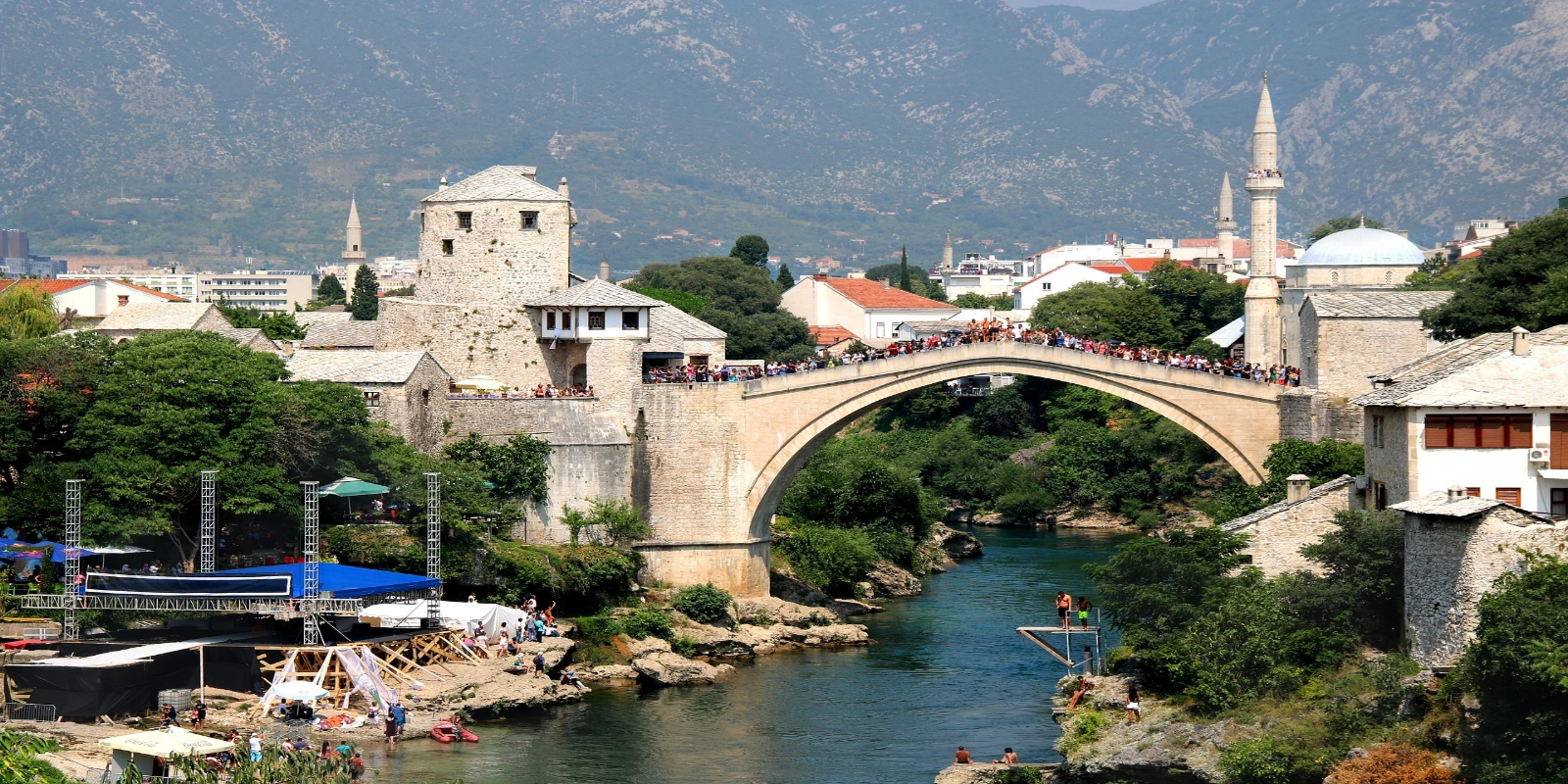Russian scientist Aleksandr Stoletov created the first solar cell in 1888, which helps convert sunlight into electricity!
Russia - Facts for Kids

Did you know?
Search name of person, animal, place, thing, etc.
Share
Facts About Russia For Kids
Many Russian cities have special ice parks in winter where children can slide down huge ice slides!
Russian students don’t need to buy textbooks because schools provide all the books they need!
The Russian city of Sochi has beaches where you can swim in summer and mountains where you can ski in winter!
Russian inventors created the first television, although it looked very different from the ones we use today!
Many Russian apartments have special winter balconies that work like natural refrigerators during cold months!
Russian scientists helped create the periodic table of elements that students use in science class!
The Moscow State Circus has a special school where children can learn acrobatics and juggling!
Many Russian cities have “science cities” where scientists live and work on new discoveries!
Fun and Unique Facts
Russia grows tons of sunflowers — 17 million metric tons! That’s enough seeds to make a gigantic sunflower trail stretching across fields!
The Russian word “робот” (robot) comes from an old word for “work,” and Russian scientists build some super-smart robots — like FEDOR, who zoomed to space to help astronauts!
Some Russian schools have chess as a required subject!
The longest famous Russian word has 35 letters — “превысокомногорассмотрительствующий” — and it’s a fancy old way to say “your excellency”!
Some Russian bridges, like Vladivostok’s Golden Bridge, shine with bright colors — its golden cables glow, so sailors can see them even through thick, sneaky fog!
Russian scientists discovered so many chemical elements that one was named Ruthenium after Russia!
The Russian city of Yakutsk is built on permafrost, so many buildings stand on special stilts to keep them from sinking!
The Russian “Forest Guards” help protect endangered Siberian tigers, and they use special cameras that can take tiger pictures at night!
Some Russian schools have their own planetariums where students can study the stars!
Russia’s Hermitage Museum has so many artworks that if you spent one minute looking at each piece, it would take about 6 years to see everything!
Russian scientists at the Arctic research stations sometimes use special vehicles called aerosleds, which are like boats with airplane propellers!
The Russian city of Kazan has a special “Temple of All Religions” that combines different architectural styles from many faiths!
Russia’s largest bell, the Tsar Bell, is so big that 100 children could stand under it at once!
Some Russian schools have “Snow Day” in winter — but not to stay home — it’s when students learn to build proper snow fortresses!
The Russian city of Murmansk has a festival called “Goodbye to the Long Night” when the sun returns after 40 days of darkness!
Russia has special “floating forests” in spring when melting snow creates temporary lakes among the trees!
The Russian desman is a special water mammal with a trunk like a tiny elephant that can only be found in Russia!
Some Russian pine trees are over 800 years old — they were alive when knights were still riding around Europe!
Russia has colorful “rainbow mountains” in the Altai region where different minerals create stripes of red, orange, and yellow!
Russian scientists discovered a type of bacteria that can survive in the ancient ice of Siberia!
Some Russian flowers can bloom through snow, like the beautiful Siberian Squill!
Some Russian butterflies migrate longer distances than many birds!
Russian craftspeople can make pictures from tiny pieces of straw arranged to catch the light in different ways!
Russian winter festivals sometimes feature ice libraries where books are carved from blocks of ice!
Some Russian villages still practice “window music” where musicians play outside peoples’ windows during celebrations!
Russian grandmothers often know special “healing songs” that they sing to help children feel better when they’re sick!
Some Russian homes have special corners called “red corners” where they display their most treasured family items!
Russian puppet theaters sometimes use special puppets that can grow or shrink during the performance!




